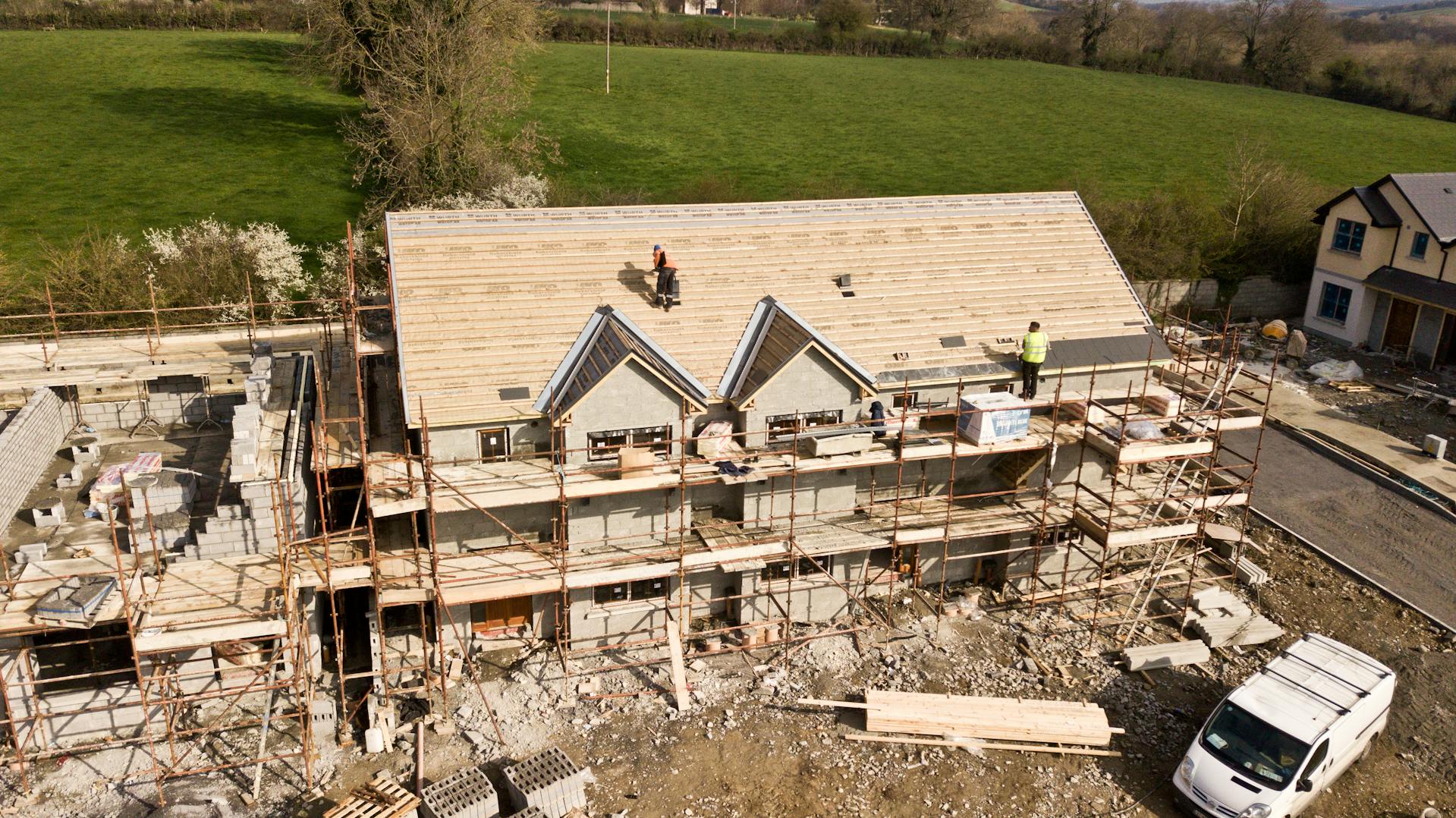

Question: What is the Best Material to Use for Building a House?
Answer: There’s no single “best” material to use for building a house. The ideal choice depends on factors like climate, budget, and local building codes. Popular options include wood, concrete, brick, and steel, each with its own pros and cons.
Choosing the Right House Building Materials
Building a house involves many decisions. One important decision is selecting the right building materials. This choice affects cost, durability, and energy efficiency. This article explores common house building materials and their characteristics.
Wood
Wood remains a popular choice for house construction. It offers several advantages:
Renewability:
Wood is a renewable resource when harvested responsibly.Cost-Effectiveness:
Wood framing is often more affordable than other options.Versatility:
Wood adapts to various architectural styles.
However, wood also presents challenges:
Maintenance:
Wood requires regular maintenance to prevent rot and insect damage.Fire Risk:
Wood is combustible and requires fire-resistant treatments.
Click here for more information on what is my house worth Orangeville, Ontario
Related Article: What Materials Are Commonly Used to Build Houses?
Related Article: Why are Building Materials Important?
Steel
Steel offers a strong and versatile framing option. Its advantages include:
Strength:
Steel frames resist high winds and seismic activity.Pest Resistance:
Steel is impervious to insects.Design Flexibility:
Steel allows for larger open spans and unique designs.
Steel also has some disadvantages:
Cost:
Steel framing can be expensive.Thermal Conductivity:
Steel conducts heat, requiring additional insulation.
Brick
Brick provides a classic and durable exterior finish. Its benefits include:
Aesthetic Appeal:
Brick offers a timeless and attractive look.Low Maintenance:
Brick requires minimal upkeep.Durability:
Brick resists weathering and damage.
Brick also has some drawbacks:
Cost:
Brick construction can be costly.Installation Time:
Bricklaying is a labour-intensive process.
Insulated Concrete Forms (ICFs)
ICFs consist of interlocking foam blocks filled with concrete. They offer several advantages:
Energy Efficiency:
ICFs provide excellent insulation.Soundproofing:
ICFs reduce noise transmission.Disaster Resistance:
ICFs resist high winds, fire, and pests.
ICFs also have some drawbacks:
Cost:
ICF construction can be expensive.Expertise Required:
Proper installation requires specialized knowledge.
Structural Insulated Panels (SIPs)
SIPs comprise a foam core sandwiched between two structural sheathing layers. Advantages include:
Energy Efficiency:
SIPs provide high insulation values.Faster Construction:
SIPs install quickly.Strength:
SIPs offer structural strength and stability.
SIPs also have some disadvantages:
Cost:
SIPs can be more expensive than traditional framing.Moisture Sensitivity:
SIPs require careful sealing to prevent moisture damage.
Choosing the Right Material: Key Considerations
Several factors influence the best material for your house. These factors include budget, local climate, desired aesthetic, and building codes. Consider energy efficiency, maintenance requirements, and construction timelines.
Consulting with building professionals helps you make informed decisions. Architects, engineers, and contractors offer valuable insights into material selection. They help you evaluate your specific needs and choose the best option for your house building project.
Conclusion
Selecting the best building material involves balancing several factors. Each material has its own strengths and weaknesses. Careful planning and consultation with professionals ensures you choose the best material for your house, creating a durable, efficient, and comfortable home. [ 1 ]
References
1. https://www.bigrentz.com/blog/best-materials-to-build-a-house/


